Leeds-based Holocaust survivor shares her incredible story and how she settled in Yorkshire
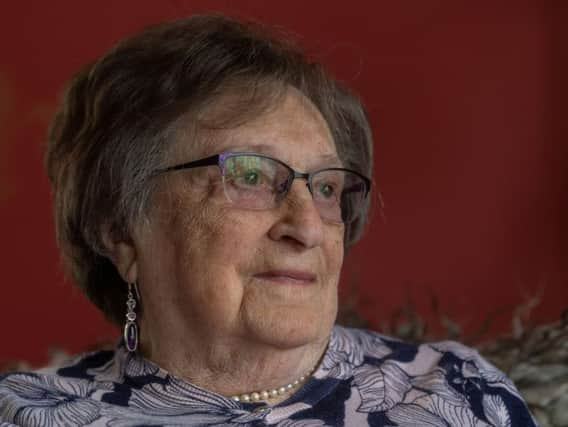

But now, it is a story she is all too willing to tell to educate, help and encourage others, particularly in times of religious and political uncertainty.
"It is very important to tell the story for the reason that genocides have happened since, but not in Europe. In other countries it seems to be removed because we are not personally involved. It is important for young people to realise the future is theirs. The same mistakes that were made in the past can be made again. You can see the dangers of that today.”
Advertisement
Hide AdAdvertisement
Hide AdThis year already Mrs Knill, of Chapel Allerton, Leeds has done talks to schools, universities and other groups from Lancaster to Sheffield and on Sunday she will be speaking at the Holocaust Exhibition and Learning Centre at the University of Huddersfield. This event is the third in a series of talks delivered by Holocaust survivors
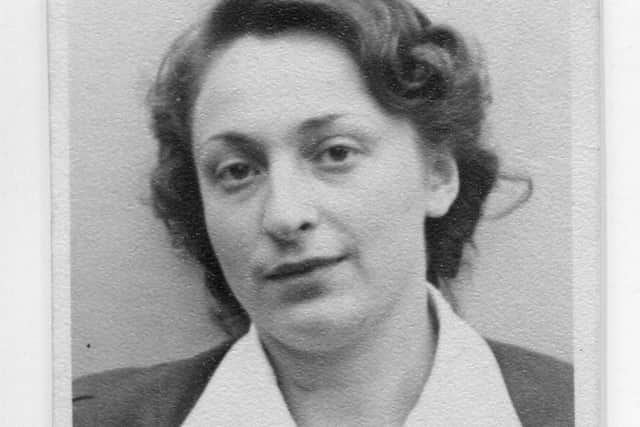

“I married a British officer and came to England in 1947 - it was not the sort of thing you talked about in an officer’s mess. My husband passed away in 1984 and that is when I thought I want to do something about it. My children did not know until they were in their forties about my background. My husband’s family goes back to 880, he has a terrific family story, it was easier to talk about that.
“My children have been unable to read my first book, it is too close to home for them. It took me about three years to write it. I could only do it is small stages, it was quite traumatic and I would do 300 words at a time.”
Early years
Iby’s story started in Czechoslovakia where she grew up in an educated, cultured family in Bratislava. Her mother was Slovak and her father Hungarian, and Iby and her brother grew up speaking several languages. In 1942, her parents smuggled her over the border to Hungary when she was 18-years-old after being warned that Jewish girls were being rounded up to be taken to work as prostitutes for the German soldiers on the Eastern Front.
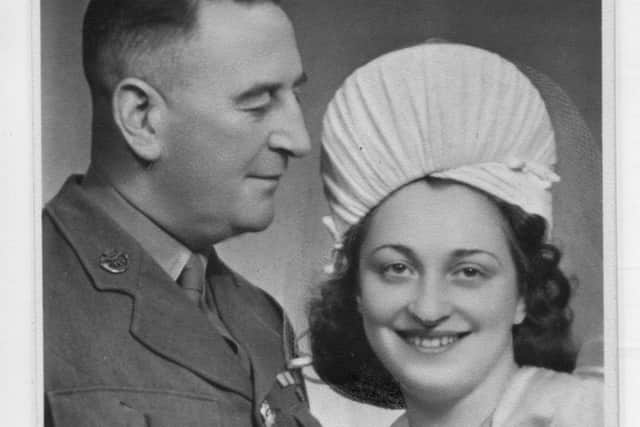

Advertisement
Hide AdAdvertisement
Hide AdShe was arrested shortly after for being in Hungary illegally, but also her involvement in the underground movement in Hungary, and was tortured.
Mrs Knill, now 95, recalls: “The worst thing that happened to me at this time was they used torture to get information about the resistance movement but I didn’t have it.”
She was taken to several prisoner camps and eventually to Auschwitz-Birkenau in Nazi occupied Poland where she would spend 40 hellish days.
“I did not see things because people were taken away, but you knew. And there were becoming fewer and fewer of us.”
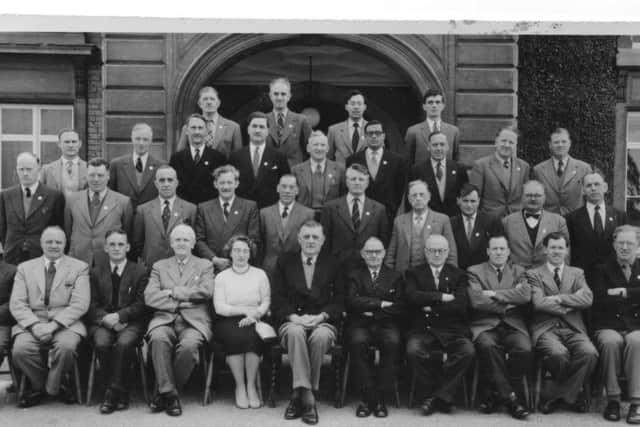

Advertisement
Hide AdAdvertisement
Hide AdIby left the camp after agreeing to travel as a nurse with the slave labour transportation of 500 women. They marched at night so as to avoid being detected band slept in barns during the day. If there were no barns they would lay in the fields. That she even made it was remarkable as she had been hit by a rifle butt causing tendon damage, and was warned that those that lagged behind were shot.
All the while she had no knowledge of the whereabouts of her family - or even if they were still alive.
She said: “There was nothing you could do about yesterday, you might not be alive tomorrow. There is only today to get through. It made it more manageable. It was too painful (to talk about family), so we talked about food all the time because we were starving. I was dreaming of mashed potato.”
Liberation
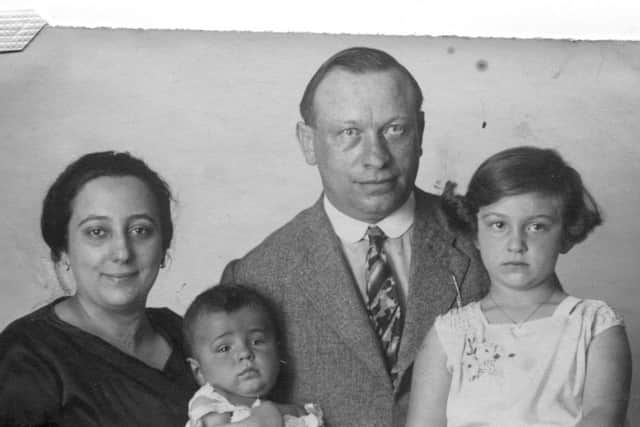

Iby was liberated by Allied Forces on Easter Sunday in 1945 and not wanting to go back to camp life she started working as an interpreter for the British Government. She later found out that her mother and brother survived the war, yet her father was gassed in the last occasion that the chambers were used.
Advertisement
Hide AdAdvertisement
Hide AdShe met and married her husband Bert, who was an officer in the British Army, and they eventually moved to Bristol and also lived in Cornwall and Reading.
Mrs Knill moved to Leeds in 1964 when she was offered a job as a planning officer in civil defence and has stayed ever since.
She added: “I got married, had children here and as far as I was concerned, my home was here. I visited Bratislavia as I have relations there and still do. But, temperamentally England suited me, particularly Yorkshire, you can call a spade a bloody shovel. I have always been outspoken, Yorkshire suited me and I made lots of friends.”